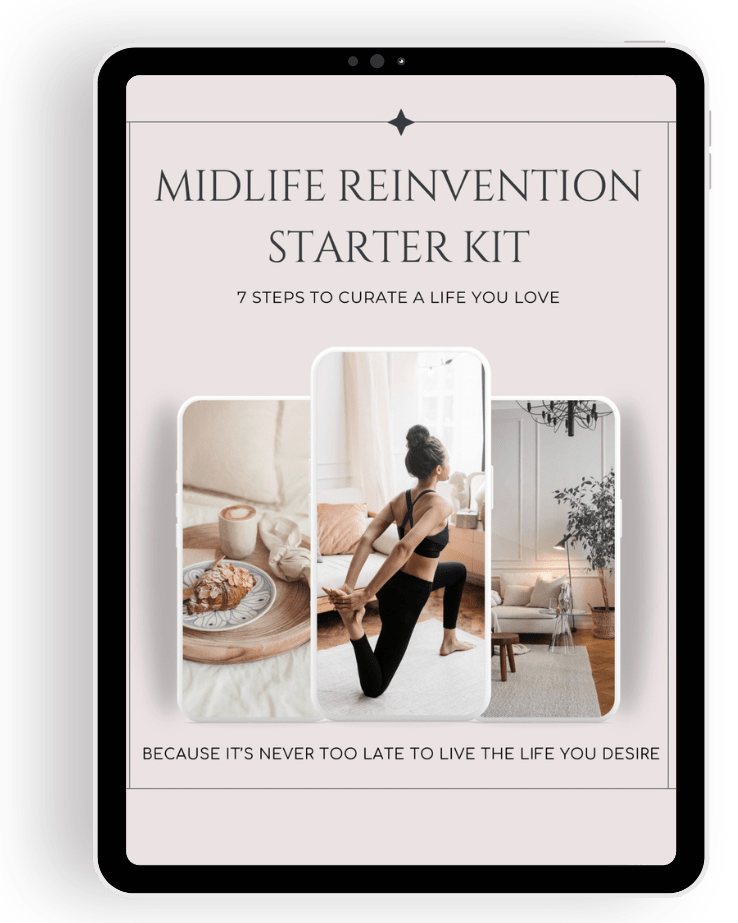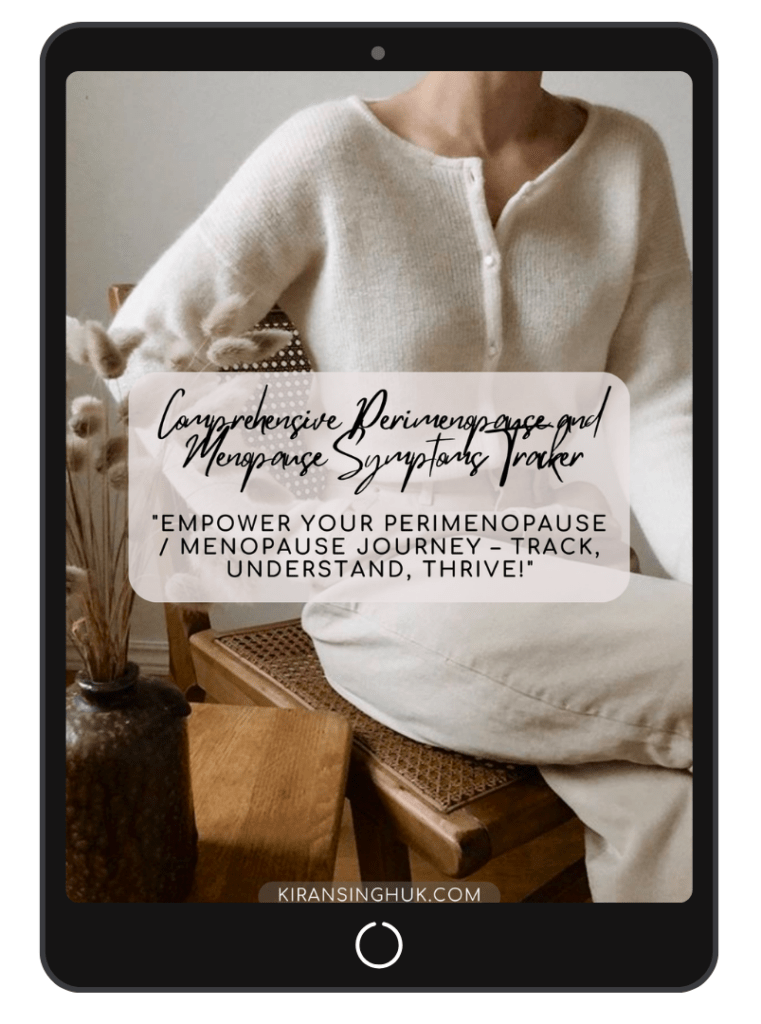Have you ever wondered how some people seem to age like fine wine, getting better and more vibrant each year? Do you find yourself wondering what their secret could be? If you answered these questions with a YES, you might think it’s all about having good genes or just being lucky.
But the truth often lies in something more accessible and transformative: Self-care. Self-care isn’t just a buzzword you hear; it’s a way of living that can help as you age.
So, if you’re curious to learn more about these secrets, keep reading!

Balanced Nutrition for Longevity
As you grow older, your body has different nutritional needs. This makes it essential to focus on a diet rich in essential nutrients while being easy to digest and enjoyable to eat.
For this, here are some tips:
Variety is Key – Aim to include a variety of fruits and vegetables in your diet. Each color provides different vitamins and minerals, so eating a rainbow of foods ensures you get a broad range of nutrients.
Calcium and Vitamin D – With age, the health of your bones can decline, often due to insufficient calcium and vitamin D. These are crucial in maintaining strong and healthy bones. To address this, adding low-fat dairy products, leafy greens, and fortified foods effectively supports bone health.
Limit Sugar and Salt – Common chronic health issues like diabetes and hypertension can affect you as you age. Therefore, it is essential to reduce sugars and salt to prevent these problems.
By adding these elements to your daily meals, you’re not just eating; you’re nourishing your body and investing in a healthier future.

Monitoring Your Health
With time and age, your body undergoes various changes, making monitoring your overall health status crucial. That’s where regular check-ups come into play.
During these check-ups, your doctor might recommend various screenings based on age, gender, and medical history. These can include blood tests, cholesterol level checks, diabetes screenings, and cancer screenings.
But here’s the cool part: you can do some basic health monitoring right from your home. For example, you can use At home blood pressure monitor devices if you’re worried about BP. It gives you accurate readings and is super simple to use. Just wrap the cuff around your arm, press a button, and you have your blood pressure reading. This information is crucial for your doctor to adjust medications or recommend lifestyle changes as needed.

Adequate Sleep and Rest
Good sleep is a cornerstone of health, especially as you get older. When you sleep well, your body gets a chance to repair itself, your brain consolidates memories, and you recharge for the next day.
But why is it essential in older age? Well, ageing is often associated with cognitive changes, including decreased memory and processing speed. Adequate quality sleep helps support these cognitive functions and can slow down age-related cognitive decline.
Now, how can you ensure that you get a good night’s sleep? Well, first of all, try to go to bed and wake up every day at the same time, even on weekends. This regularity helps set your body’s internal clock. Also, ensure your bedroom is quiet, dark, and at a comfortable temperature.
And yes, don’t forget to limit screen time before you sleep. This is crucial because the blue light from screens can interfere with your ability to fall asleep.

Stress Management and Mindfulness
Stress has a profound impact on mental well-being, and older adults are not immune to its effects. It can contribute to the development of mental health conditions such as depression and anxiety, which can be particularly challenging for you as you may be already facing age-related cognitive changes.
One effective way to manage stress is through mindfulness and relaxation practices. Mindfulness involves being fully present in the moment, aware of where you are and what you’re doing, without being overwhelmed by what’s happening around you. This can mean taking time daily to focus on simple activities like breathing, walking, or enjoying a meal.
Some other relaxation techniques include deep breathing exercises, progressive muscle relaxation, or even gentle yoga, which can also play a vital role in stress management. These activities encourage the body to relax, reducing tension and the physical effects of stress. For instance, deep breathing helps slow the heart rate and lower blood pressure, creating a sense of calm.

The Final Word
There you have it – self-care secrets that can empower you to embrace the ageing process with confidence and well-being. So, whether you’re in your 40s, 50s, 60s, or beyond, remember that you can shape your ageing journey. After all, age is just a number; with self-care, you can make it count.

Feel free to sign up to my Friday Morning Love Note HERE! This isn’t just a newsletter - it’s your invitation to pause, reflect, and realign with you. Every week, we’ll journey together to uncover the small, meaningful shifts that will help you design a life that feels uniquely and beautifully yours. Each week, I’ll deliver fresh intentions, uplifting tips, and simple shifts to inspire purposeful, creative living.




